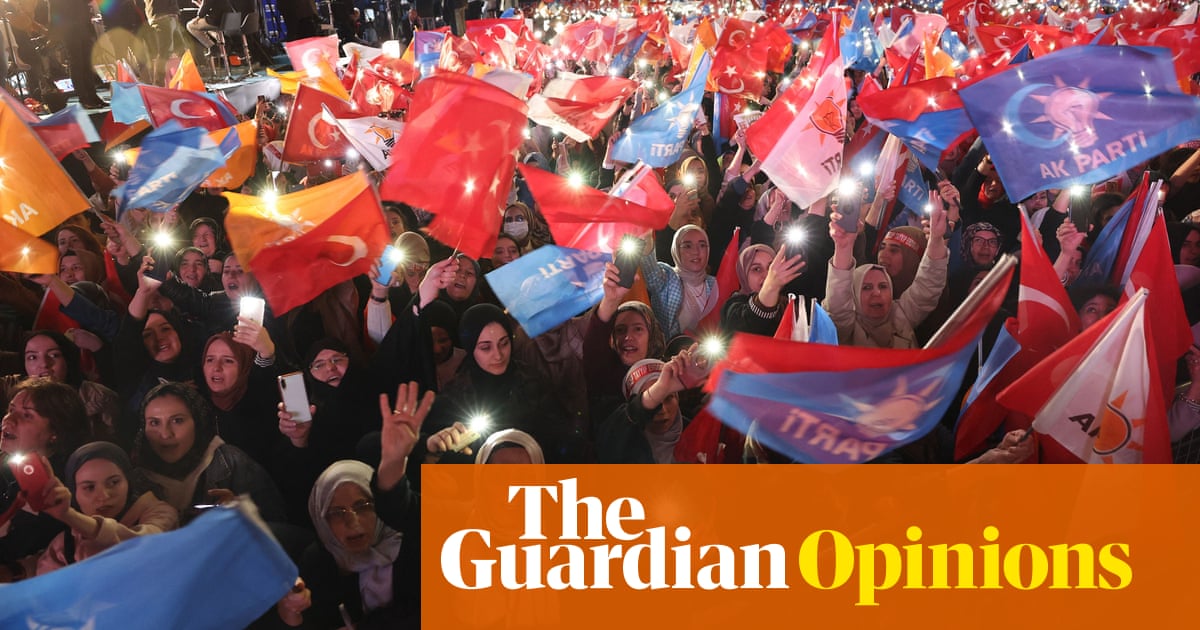
The last major rebel holdout in Syria is in the northern province of Idlib. Since April, 800 civilians have been killed there, 200 of whom were children.
Right now, a large-scale campaign is being waged against the entire population of 3 million in Idlib. As many as 330,000 people have already been forced to flee north to Turkey. As before, this campaign, led by the Assad regime and its Russian allies, focuses on bombing civilian targets such as schools, hospitals and residential areas, but also crop fields, in keeping with already established starvation-siege tactics that the regime has employed elsewhere (including Madaya and Ghouta).
As there has been so many times before, there is also talk of a ceasefire, conditional on the rebels withdrawing 20 kilometers to allow the establishment a demilitarized buffer zone. The rebels are happy to observe the ceasefire but refuse to withdraw 20km — and with good reason. The government’s army and its Russian allies have never observed such ceasefires in good faith, and the request for a buffer zone is just a transparent land-grab attempt for a territory that, at the moment, they are unable to take by force.
And this is where things are getting interesting. The reason why the government forces are even entertaining this ceasefire idea, instead of just highhandedly marauding all over the province, is that they are unable at this moment in time to make any further territorial progress. The reason for this is that Iran is sitting out the Idlib offensive.
Why is this? It seems that Assad and, especially, Putin have not shown sufficient appreciation for the crucial role the Iranian militias have played in other provinces, most notably Aleppo. So Iran is demonstrating just how necessary it is to the Damascus front by showing up the impotence of the government forces when Iranian support is absent from the fighting.
The government effort still has clear aerial dominion, courtesy of the Russian air force, but it is being held back on the ground. So it is reduced to doing the only thing it can do in such a situation: bomb targets from the air and hope the other side surrenders — out of sheer terror or out of hunger.
If Turkey’s welcome wears thin and the country cannot absorb the newcomers, we will be looking at another massive wave spilling over into Europe.
Dr. Azeem Ibrahim
This tactic is not going to persuade the rebels on the ground to surrender. Given how the government has behaved in the other areas it took over (continuing to crush the local populations into submission), they would be crazy to do so. But the ongoing destruction of crops and hospitals is taking its toll. We will be seeing an increasing number of civilian refugees forced to flee Idlib and head for Turkey, if only in the search for food for their children.
What is worse, this is coming at a time when anti-refugee sentiment is hardening in Turkey. For all the ways in which Turkey and its president, Recep Tayyip Erdogan, are problematic, it must be conceded that the way the country has handled the refugee influx from Syria over the past eight years has been much more generous and effective than anything any country in the West has managed. Germany, for example, the wealthiest and most generous western country took in fewer than 800,000 Syrians; Turkey took in more than 3.6 million. And, at least in some areas, it has integrated them much better, too.
However, the political environment in Turkey is taking a turn for the worse, just as a new wave of refugees looks set to emerge from Idlib. If Turkey’s welcome wears thin and the country cannot absorb the newcomers, we will be looking at another massive wave spilling over into Europe.
Now are you paying attention to what is happening in Idlib? The West is facing the same question it has since the very beginning of the crisis in Syria: will we intervene to uphold human rights in the country or will we accept the refugees that our lack of interest produces?
We continue to try to defy the reality of the situation by refusing to do either, but the reality of the civil war in Syria has caught up with us before and it will catch up with us again and again, until we find the moral courage to stand by our commitments to universal human rights.











